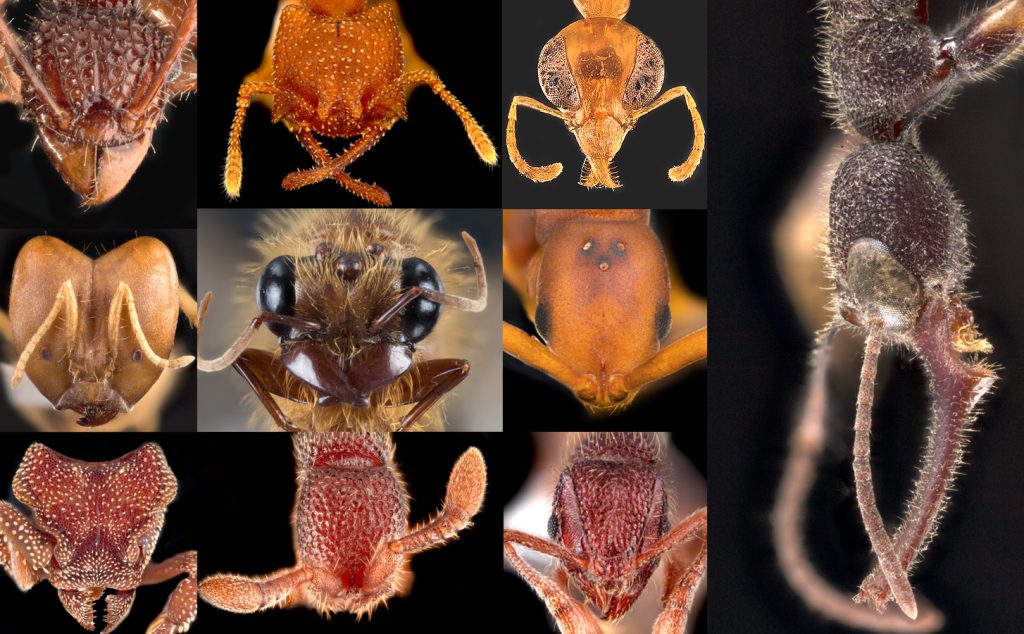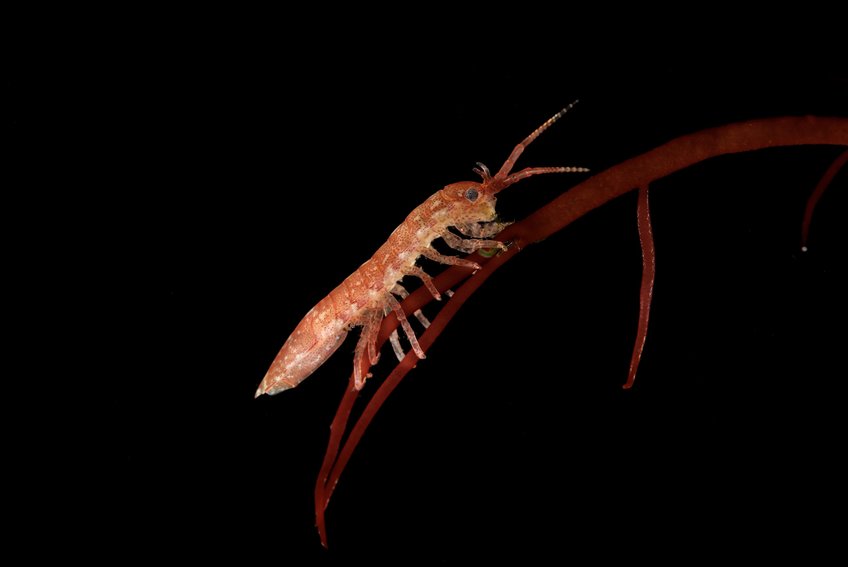現代人の脳幹細胞は、娘細胞への染色体分配のミスが少ない Brain stem cells of modern humans make fewer mistakes in the distribution of their chromosomes to the daughter cells
2022-07-29 マックス・プランク研究所
アミノ酸の変化のうち6つは、細胞分裂の際に遺伝情報の担い手である染色体を2つの娘細胞に分配する際に重要な役割を果たす3つのタンパク質に生じたものであった。
この6つの変化が新皮質の発達にどのような意味を持つのかを調べるため、研究チームはまず、現代人の変異体をマウスに導入した。マウスは、この6つのアミノ酸の位置がネアンデルタール人と同じなので、この変化を利用して、現代人の脳の発達のモデルとしたのである。
タンパク質のうちの2つにある3つの現代人のアミノ酸によって、メタフェース(細胞分裂のために染色体を準備する段階)が長くなり、その結果、現代人と同じように神経幹細胞の娘細胞に染色体を分配する際にエラーが少なくなることを発見しました。
KIF18aとKNL1として知られるタンパク質における、これら3つの現代人のアミノ酸変化が、ネアンデルタール人モデルやチンパンジーと比較して、現代人に見られる少ない染色体分配ミスの原因であることを示している。
現代人の脳の進化と機能のある側面は、脳の大きさに依存しない可能性があることを暗示しています。また、ネアンデルタール人の脳機能は、現代人のそれよりも染色体異常の影響を受けている可能性があることも示唆している。
<関連情報>
- https://www.mpg.de/19021613/0727-mozg-taking-your-time-makes-a-difference-brain-development-differs-between-neanderthals-and-modern-humans-151300-x
- https://www.science.org/doi/10.1126/sciadv.abn7702
現代人の脳形成におけるネアンデルタール人よりも長いメタフェースと少ない染色体分離エラー Longer metaphase and fewer chromosome segregation errors in modern human than Neanderthal brain development
Felipe Mora-Bermúdez,Philipp Kanis,Dominik Macak,Jula Peters,Ronald Naumann,Lei Xing,Mihail Sarov ,Sylke Winkler,Christina Eugster Oegema,Christiane Haffner ,Pauline Wimberger,Stephan Riesenberg,Tomislav Maricic ,Wieland B. Huttner,Svante Pääbo
Science Advances Published:29 Jul 2022
DOI: 10.1126/sciadv.abn7702

Abstract
Since the ancestors of modern humans separated from those of Neanderthals, around 100 amino acid substitutions spread to essentially all modern humans. The biological significance of these changes is largely unknown. Here, we examine all six such amino acid substitutions in three proteins known to have key roles in kinetochore function and chromosome segregation and to be highly expressed in the stem cells of the developing neocortex. When we introduce these modern human-specific substitutions in mice, three substitutions in two of these proteins, KIF18a and KNL1, cause metaphase prolongation and fewer chromosome segregation errors in apical progenitors of the developing neocortex. Conversely, the ancestral substitutions cause shorter metaphase length and more chromosome segregation errors in human brain organoids, similar to what we find in chimpanzee organoids. These results imply that the fidelity of chromosome segregation during neocortex development improved in modern humans after their divergence from Neanderthals.


